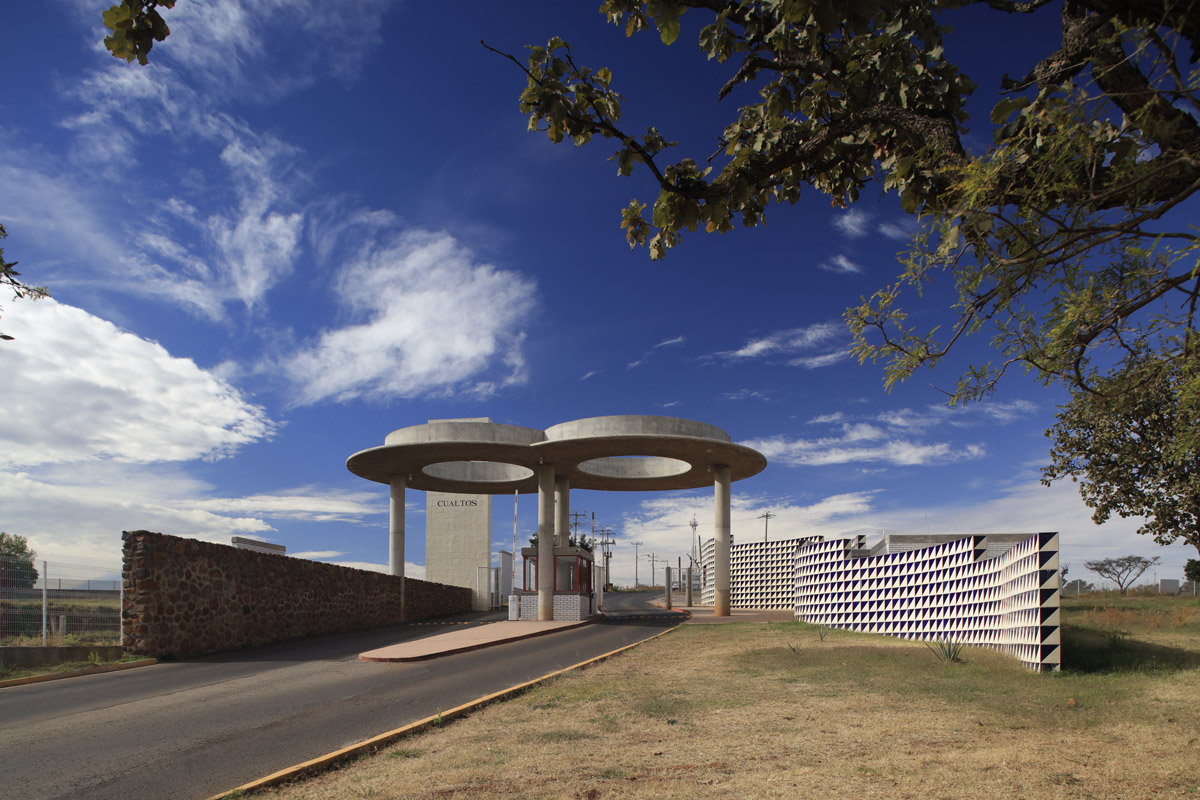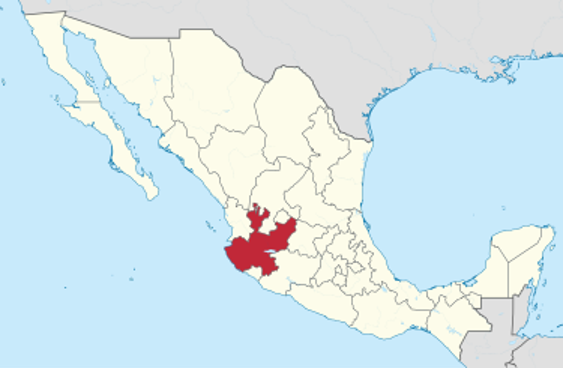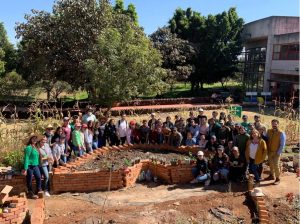The University of Guadalajara is a network that integrates 15 university centers and 165 schools of upper secondary education present throughout the state. It also has a University System for the Elderly, the University System of Los Angeles, California, and a Virtual Education System that offers studies in the distance mode. Currently, the University has more than 1,290 researchers affiliated with the National System of Researchers and serves more than 300 thousand students.
What has done your institution concerning social innovation? What does your institution understand social innovation?

Since its conception, the University of Guadalajara holds an eminently social character. Its Institutional Development Plan promotes strategies and concrete actions, built by the work of its researchers. Through applied research, the transfer of knowledge, the management of inter-institutional, inter-sector, and international cooperation, it seeks to contribute to human and social well-being and sustainable development both at a regional and global level.
What has done your institution concerning climate change?
The University of Guadalajara has an Institutional Sustainability Policy that aims at comprehensive sustainability. Since 2014, the Sustainable University Program has promoted the implementation of strategies linked to the SDGs through the articulated work of the axes of sustainable education, environmental management, mitigation and adaptation to climate change, and sustainable lifestyles. The creation of the Applied Ecology and Sustainability Laboratory reflects an example of a comprehensive sustainability approach. It has carried out activities related to the measurement and reduction of the carbon footprint of food production in Jalisco, the Plant of Industrialization and Integral Waste Management, waste separation programs, among other projects. Moreover, the General Rector of the University of Guadalajara, Dr. Ricardo Villanueva Lomelí, declared 2020 as the “Year of the Energy Transition.” This distinction initiated concrete actions that seek to mitigate the effects of the carbon footprint of this House of Studies. The University had the merit of participating in two projects funded by the Erasmus + program focused on mitigation and adaptation to climate change.
Laboratorio de Sustentabilidad y Ecología Aplicada
The "Sustainability and Applied Ecology Laboratory" has the following objectives: a. Develop research, teaching, and dissemination of the management and use of Natural Resources. b. Promote schemes for the use of Natural Resources under the sustainability scheme. c. Manage and transfer knowledge through teaching, research, dissemination, and linkage. d. Contribute to the proposal of viable alternatives for food and sustainability of communities and natural, urban, and agroecosystems.

The pilot project on climate change
Jalisco, México
The lab develops an Innovation project in the strategic development of sustainable school practices through multidisciplinary work with universities, the government, and the academic communities. The training has been carried out with producers and students, activities to strengthen sustainability in the context of the SDGs, and field measurements to obtain data on Greenhouse Gases.

Output: Methodologies of school practices, develop strategies and training.
Contact us: lab.sustentable@gmail.com